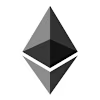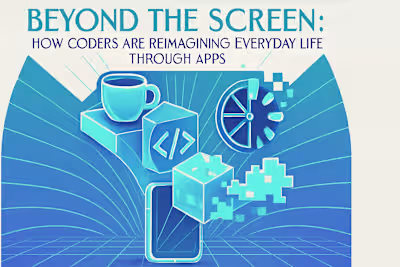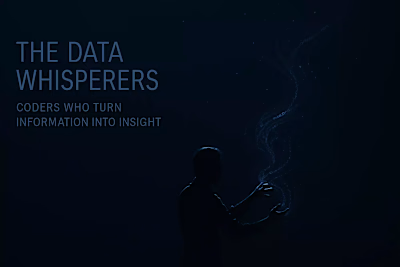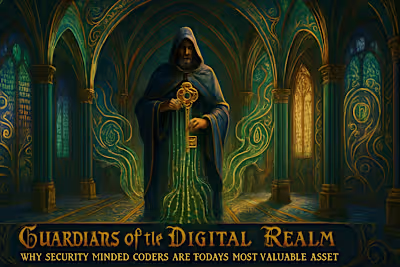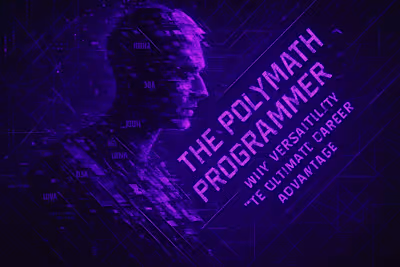Trustless Trust: Blockchain Coders and the Reinvention of Digital Integrity
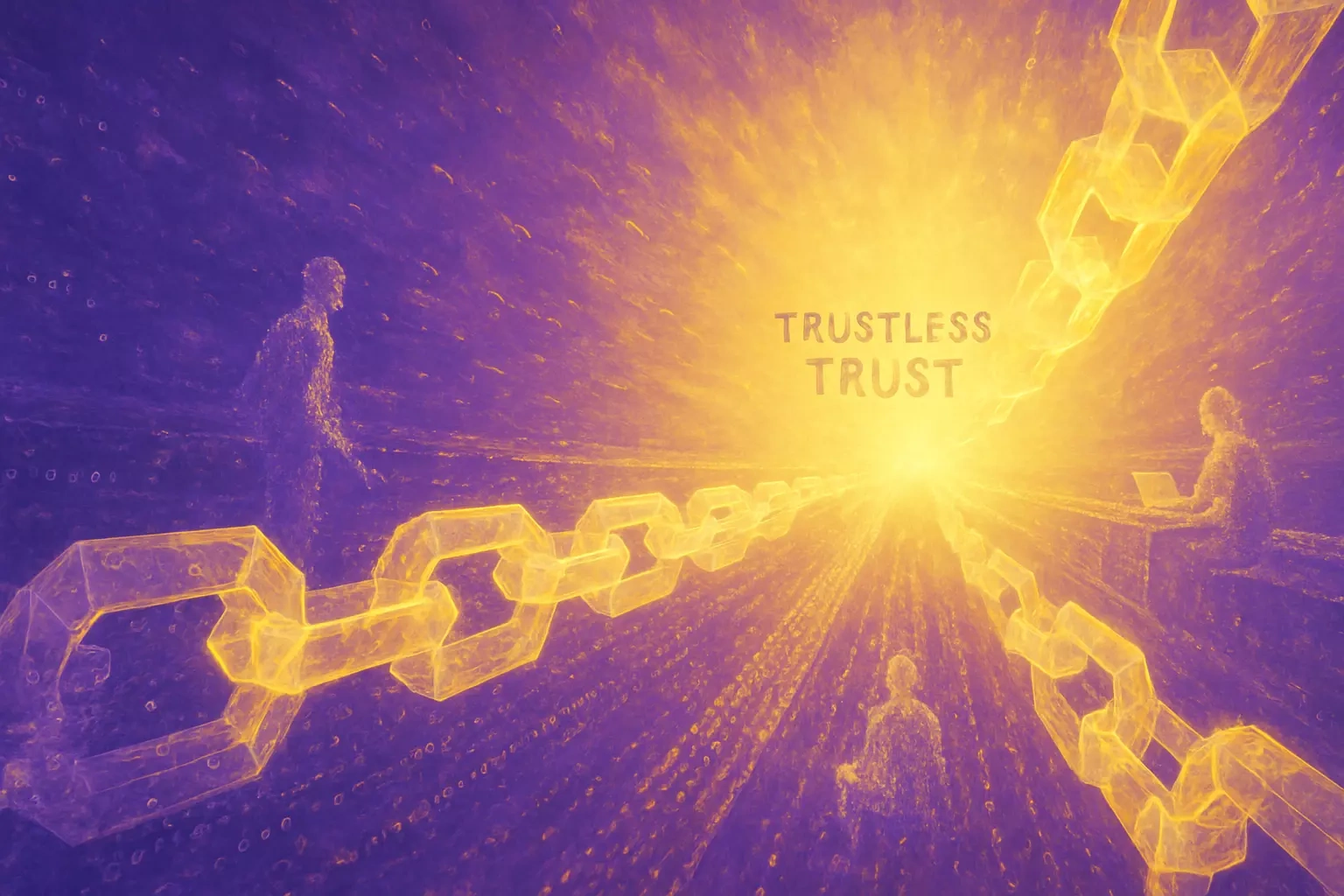
Trustless Trust: Blockchain Coders and the Reinvention of Digital Integrity
What is Blockchain and Why Does It Matter?
Beyond Bitcoin: The Core Concepts
The Promise of Trustless Systems
Smart Contracts: The Engine of the Decentralized Web
What is a Smart Contract?
How Smart Contracts Work
Building on the Blockchain: dApps and Use Cases
Decentralized Applications (dApps)
Decentralized Finance (DeFi)
Beyond Finance: Supply Chain, Voting, and Digital Identity
The Blockchain Developer's Journey
Essential Skills for Web3 Development
The Security-First Mindset
Opportunities for Freelance Blockchain Developers
References
Trustless Trust: Blockchain Coders and the Reinvention of Digital Integrity
What is Blockchain and Why Does It Matter?
Beyond Bitcoin: The Core Concepts
The Promise of Trustless Systems
Smart Contracts: The Engine of the Decentralized Web
What is a Smart Contract?
How Smart Contracts Work
Building on the Blockchain: dApps and Use Cases
Decentralized Applications (dApps)
Decentralized Finance (DeFi)
Beyond Finance: Supply Chain, Voting, and Digital Identity
The Blockchain Developer's Journey
Essential Skills for Web3 Development
The Security-First Mindset
Opportunities for Freelance Blockchain Developers
References
Posted Jun 17, 2025
Blockchain enables trust without intermediaries. Discover how developers are using smart contracts and dApps to build a new generation of transparent, secure, and decentralized systems.

